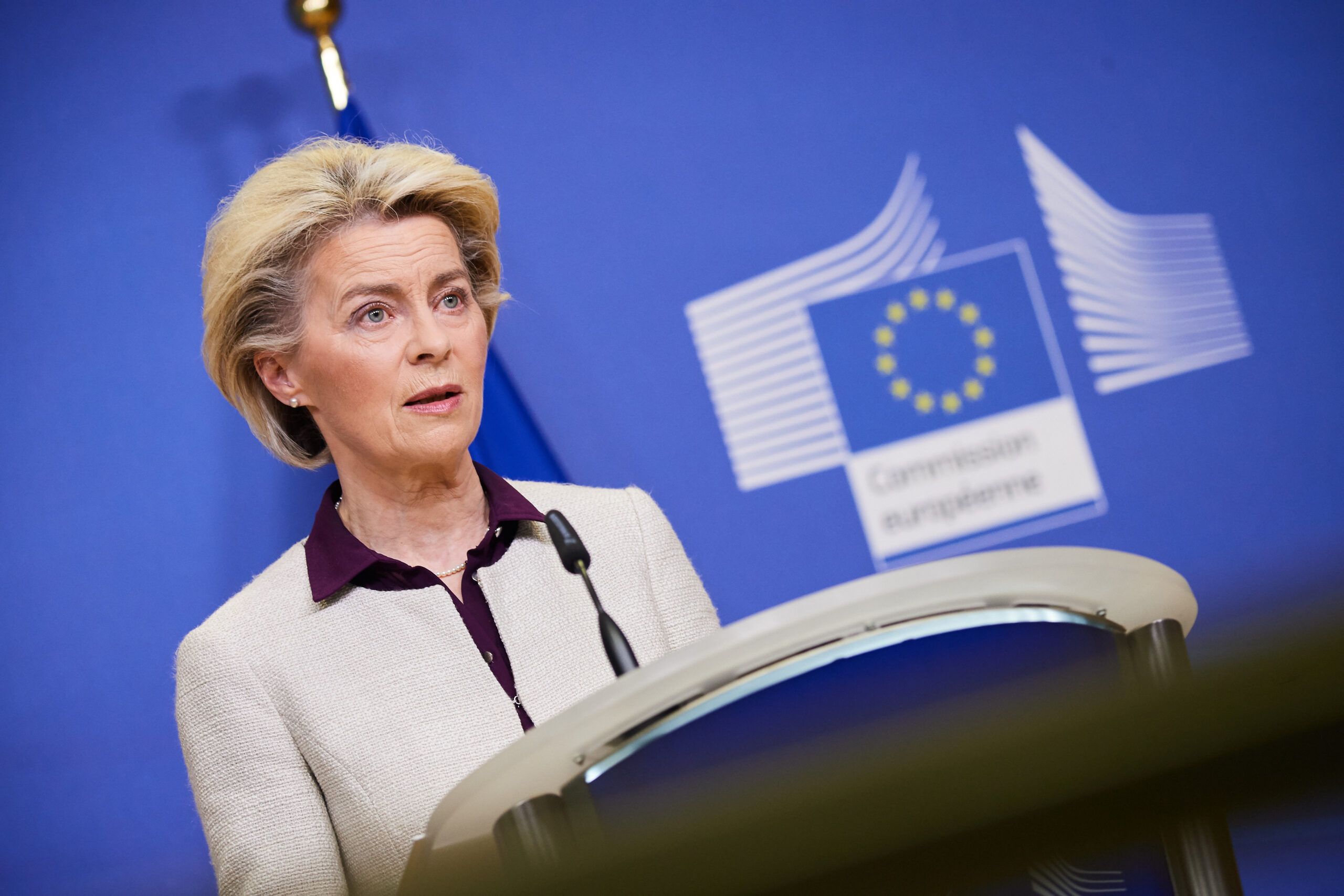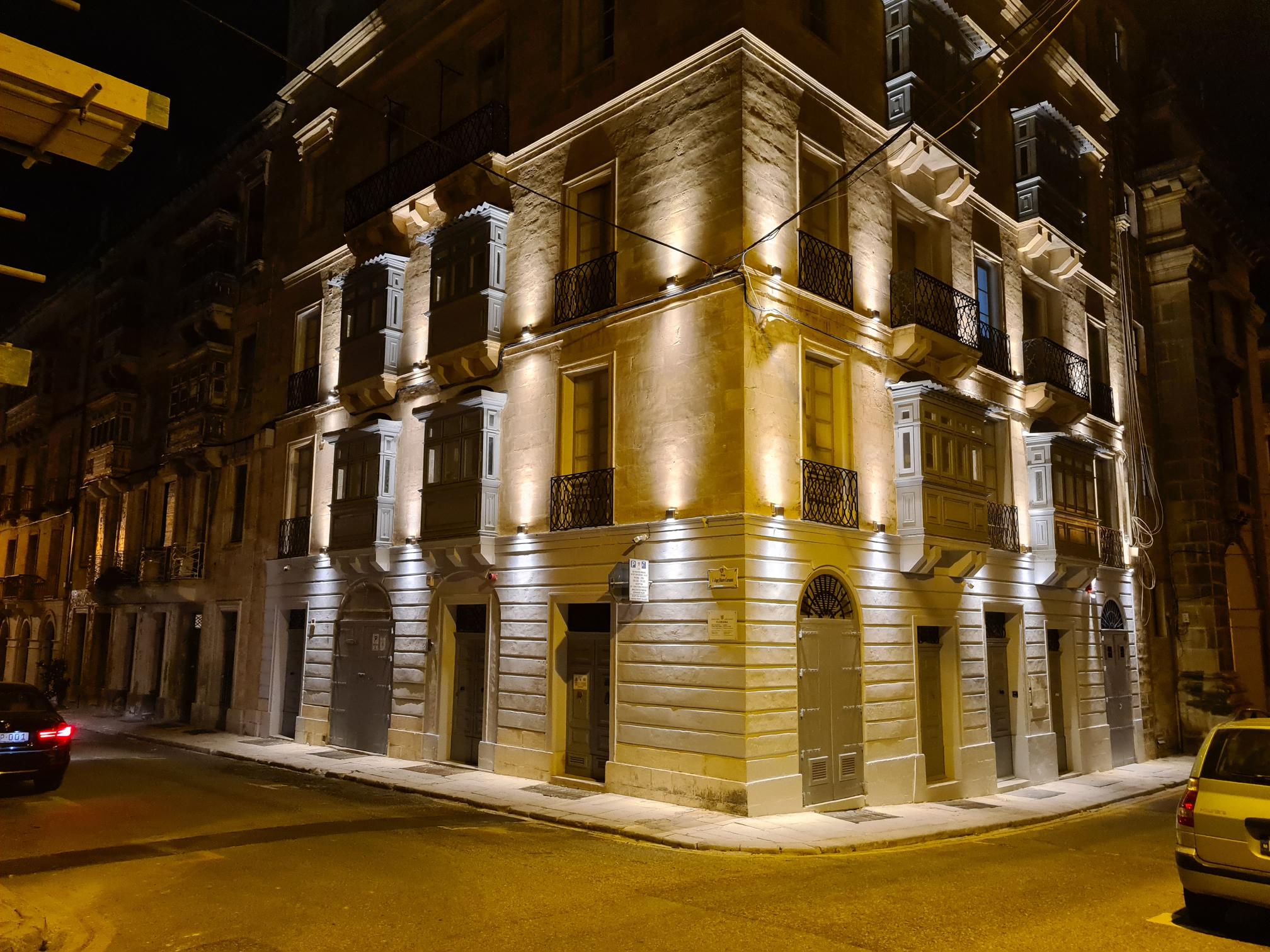At the end of the first half of 2023, Malta’s Government debt rose to €9.17 billion, an increase of €756.8 million when compared to the previous year, according to the National Statistics Office. However, this was coupled with a deficit shrinking by almost half year-on-year.
The main driver of debt was reported under Malta Government Stocks (€793.0 million). Higher debt was also reported under Treasury Bills (€77.3 million) and euro coins issued in the name of the Treasury (€5.0 million). This increase in debt was partially offset by a decrease in the 62+ Malta Government Savings Bond (€117.1 million).
Finally, higher holdings by Government funds in Malta Government Stocks resulted in a decrease in debt of €1.2 million.

In the first half of 2023, recurrent revenue amounted to €2.92 billion, €354.6 million higher than the figure reported a year earlier.
The largest increases were recorded under income tax (€164.1 million), grants (€68.1 million), social security (€42.2 million) and value-added tax (€30.6 million).
On the other hand, the main drops in revenue were reported under Central Bank of Malta (€22.2 million) and miscellaneous receipts (€2.0 million).
Total expenditure by the end of June 2023 stood at €3,179.3 million, €148.9 million higher than the previous year.
During the reference period, recurrent expenditure totalled €2.764 billion, an increase of €90.1 million compared to the €2.673 billion reported at the end of June 2022. The main contributor to this increase was a €58.6 million rise reported under contributions to Government entities.
Higher contributions were, among others, made towards the Malta College of Arts, Science and Technology (€10.5 million), Malta Tourism Authority (€8.0 million) and Mental Health Services (€7.6 million).
Furthermore, increases were also recorded under operational and maintenance expenses (€42.3 million) and personal emoluments (€24.8 million).
Conversely, spending on programmes and initiatives fell by €35.6 million.
The main developments in the programmes and initiatives category involved lower outlays towards COVID-19 pandemic assistance schemes (€107.5 million), economic stimulus payment (€48.1 million) and EU own resources (€41.5 million).
The decrease in expenditure was partially offset mainly by increases under energy support measures (€83.4 million), social security benefits (€50.8 million) and medicines and surgical materials (€10.3 million).
The interest component of the public debt servicing costs totalled €100.0 million, an increase of €14.4 million when compared to the previous year.
Between January and June 2023, Government’s capital spending amounted to €315.3 million, €44.4 million higher than the figure recorded in 2022.
This increase resulted primarily from higher expenditure towards the RePowerEU initiative (€20.0 million), Property, plant and equipment (€17.9 million) and National Identity Management Systems (€4.4 million).

The difference between total revenue and expenditure resulted in a deficit of €258.5 million, reported in the Government’s consolidated fund at the end of June 2023.
Compared to the same period in 2022, there was a decrease in deficit of €205.7 million. This difference mirrors an increase in total recurrent revenue (€354.6 million), partly offset by a rise in total expenditure, which consists of recurrent expenditure (€90.1 million), interest (€14.4 million) and capital expenditure (€44.4 million).
Euro surges as Trump slaps 20% tariff on Europe, EU vows to retaliate
The sweeping reciprocal tariffs has sparked fears of an all-out global trade war
Malta Development Bank hosts Network of European Financial Institutions for SMEs meeting in Malta
The group plays a crucial role in providing expertise and strategic guidance to the EU and its financial institutions
New ERDF grant schemes unveiled to boost SME growth and digitalisation
These ERDF grants present a significant opportunity for Maltese SMEs to strengthen their market position






